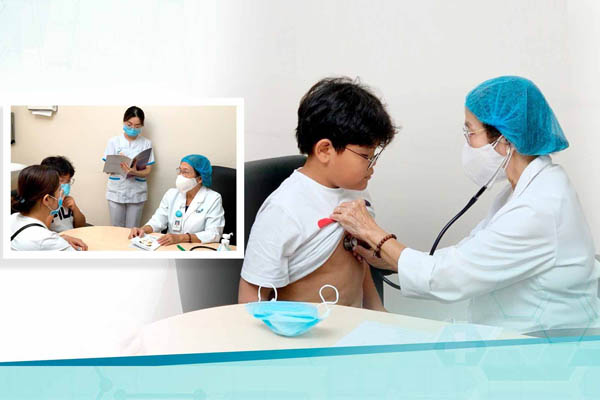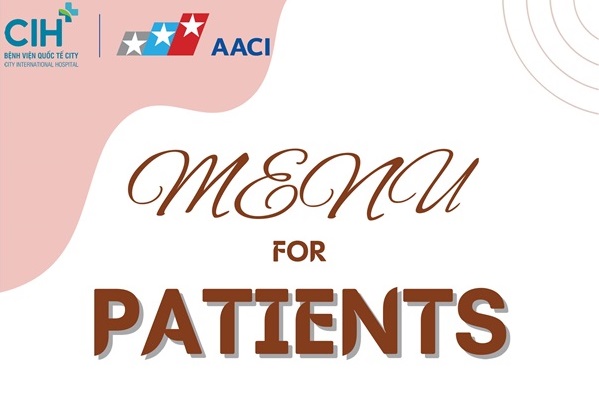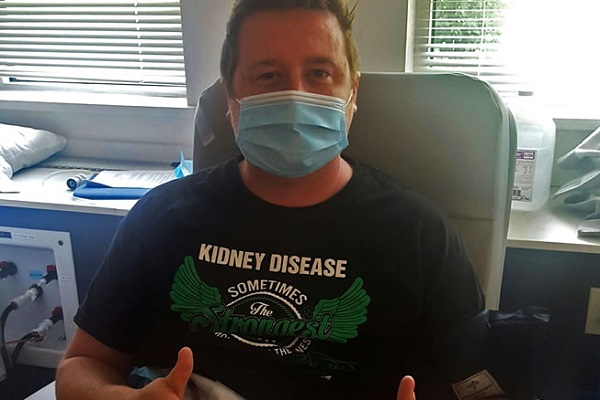If you or someone in your family has DIABETES, be aware that: Patients with diabetes are more likely to get vascular disease. Patients with both diabetes and vascilar disease are at risk of amputation, blindness, kidney failure and other serious disabilities.
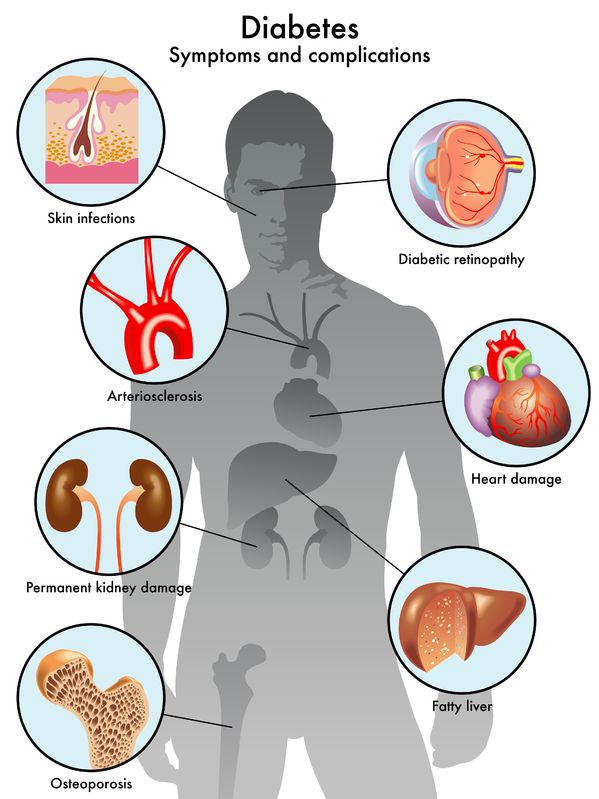
Diabetes Mellitus is a disease that affects the body's ability to absorb glucose, which is a form of sugar and a major source of energy. There are two types of diabetes, Type 1 (formerly known as juvenile diabetes) and Type 2 (formerly called adult onset diabetes).
Both cause high levels of glucose in the blood stream. High blood causes many of the long term effects of diabetes. Too much sugar in the bloods damages the linings of the arteries of all sizes, and that can cause atherosclerosis, in which arteries are weakened and/or clogged with plaque.
Atherosclerosis in DIABETES PATIENTS can lead to:
-
Kidney damage
Kidneys have tiny blood vessels that remove waste from the blood, but diabetes blocks these blood vessles, As the disease progresses, the kidneys lose function and eventually fail.
-
Retinopathy
High blood sugar can cause tiny blood vessels in the eyes to become blocked. When your eye tries to grow new blood vessels, they grow abnormally, eventually leading to blindness.
-
Peripheral artery disease
Glucose damage to the arteries that feed oxygen and nutrients to the legs and feet can lead to pain in the legs, foot sores that won't heal, chronic pain from the poor circulation and in some cases, amputation.
-
Neuropathy
In this condition, the patient loses feeling in the feet and toes. Decreased flood flow caused by clogged arteries can damage the nerves in the extremities.
Treatment of Diabetes - Know your A1c
Because of the effects, it is very important to aggressively treat both types of diabetes to minimize long-term damage. Careful maintenance of the blood glucose level is the primary goal of this treatment. The HbA1c is a test that estimates the averaged glucose level over a three-month period. Maintaining an HbA1c < 7% is known to lower the risk of amputation, heart attacks, stroke and onset of peripheral arterial disease.
Avoid foods and snacks high in sugar (which can include seemingly innocuous items such as white bread and pasta) can help maintain healthy glucose control. In addition, exercise helps to burn energy and improve your body's ability to keep your glucose at a healthy level.
Ultimately, medication is often required to maintain this control. For type 2 diabetes, it has been shown that use of an insulin sensitizing medication (usually an oral agent) dramatically decreases cardiovascular complications compared to using only insulin. Consultation with a diabetes specialist can help you to manage your diabetes optimally. there are many new ways to check your glucose at home, including phone apps, and this knowledge and feedback can help you to manage you A1c better.
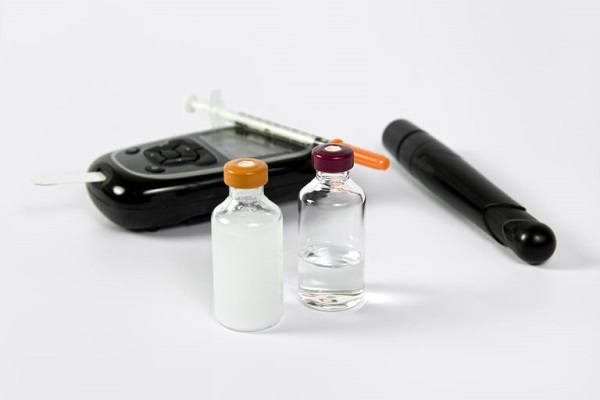
Preventive care
Preventive care is a critical component of limiting lifetime complications for diabetics. Diabetes predisposes one to heart attacks, strokes, kidney failure and peripheral arterial disease. Knowing the signs and symptoms of these can facilitate you seeking help before a tragic event occurs. However, diabetes can also blunt the usual nerve response to diseases such as the pain of peripheral artery disease. this loss of sensation results in an increased risk of pressure ulcers on the feet. Patients with diabetes should perform routine inspection of their feet to evaluate for any breaks in the skin and notify their doctor immediately if found.
Often, mail care can be complicated in diabetic patients. If you have been told you have peripheral neuropathy, ask for a referral to a podiatrist to assist you with nail care to avoid potentially dangerous injuries in nail care. If you do develop any wound s on your feet that do not heal in a reasonable time or seem to be expanding, ask your doctor to refer you to a vascular surgeon.
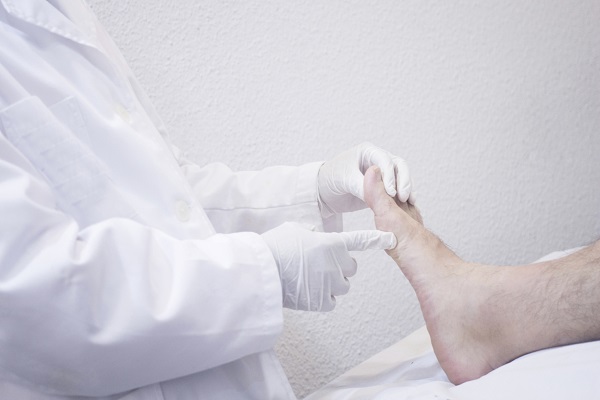
Preventive Veins Screening with our Vascular Expert Dr. Pham Minh Anh, MD. PhD.
Testing includes |
Carotid Artery Screening |
Venous Disease Screening |
|
Specialist Consultation |
|
|
|
Cardiologist Consultation - First visit |
|
|
|
ABI (Ankle-Brachial Index) |
|
|
|
Blood Tests |
|
|
| Full Blood Count | |
|
| PTT, activated | ||
| PT/INR | ||
| Kidney Function Test | ||
| Serum BUN | ||
| Serum Creatinine | ||
| Urine Analysis | ||
| Urinalysis (10 analytes) | ||
| Liver Function Test | ||
| AST (Aspartate aminotransferase) | ||
| ALT (Alanine aminotransferase) | ||
| Lipid Profile Study | ||
| Cholesterol Total | |
|
| HDL-Cholesterol | |
|
| LDL-Cholesterol | |
|
| Triglyceride | |
|
| Diagnostic Imaging/ Function Investigation | ||
| Color Doppler ultrasound of carotid and vertebral arteries | |
|
| Color Doppler ultrasound of Abdominal Aorta and Peripheral Arteries | |
|
| Color Doppler Ultrasound of Lower Limb Arteries | |
|
| Color Doppler ultrasound of the lower extremity veins | |
|
| Total cost of the individual tests (VND) | 3,635,000 | 2,120,000 |
Package Price (VND) |
3,000,000 |
1,700,000 |
|
||
Check out our different Screening Packages for different needs
- Address: No. 3, Street 17A, Binh Tri Dong B Ward, Binh Tan Dist., HCMC
- Phone: (848) 6280 3333 - Fax: (848) 6290 8800
- Website: This email address is being protected from spambots. You need JavaScript enabled to view it. Email for appointment: This email address is being protected from spambots. You need JavaScript enabled to view it.















